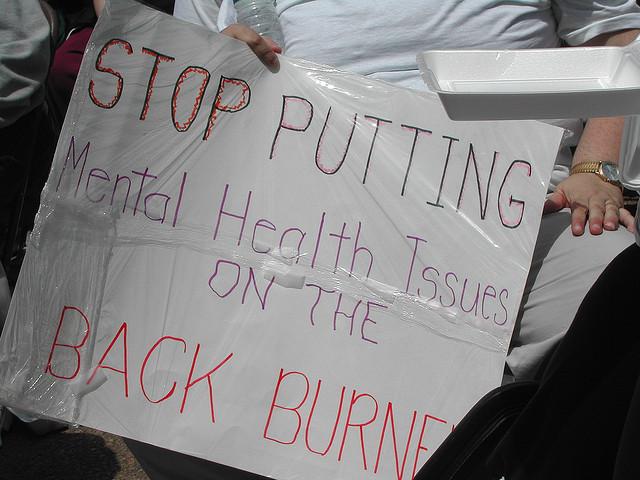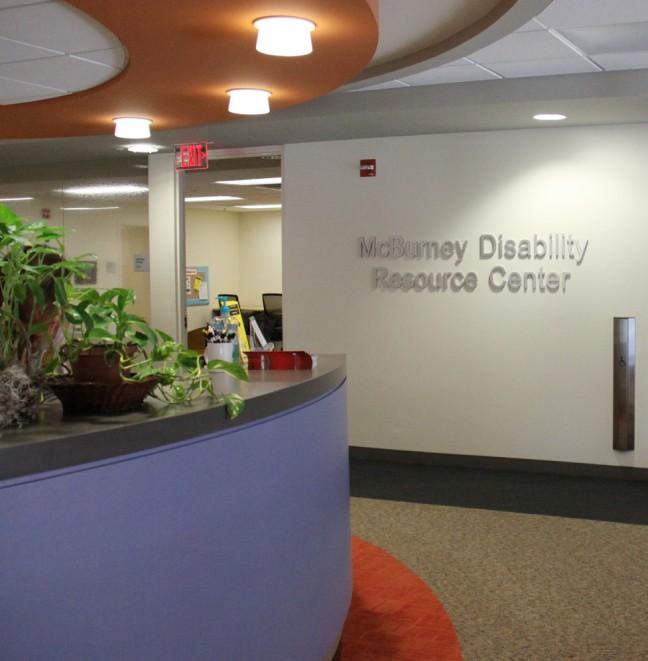On March 23, Amy Bleuel, the founder of Project Semicolon and a native of Wisconsin, lost her battle with depression.
For anyone unfamiliar with Project Semicolon, it focuses specifically on helping and inspiring those with mental health issues to keep going. Her work moved thousands of people across the country, yet her death is a stark example of the continued necessity of mental health awareness and suicide prevention efforts.
A couple months ago, the University of Wisconsin School of Pharmacy hosted a voluntary suicide prevention training known as Question, Persuade, Refer. This training focuses on recognizing the signs of depression and suicide, asking additional questions and persuading the individual to seek help. I feel strongly this particular training should be included as a required part of the orientation curriculums for the health profession schools.
Some may argue suicide prevention training is not relevant to their profession, unless they plan to specialize in mental health. All training programs require an additional time commitment and extra work for those scheduling the orientations. As far as suicide prevention goes, the benefits far outweigh the potential scheduling hassles, and suicide prevention training is highly relevant for any health care professional.
We are all taught as health care providers to listen to patients, communicate effectively, build rapport and provide the best quality of care possible. Students in health care interact with an enormous number of people in the community, everyone from homeless individuals to wealthy CEOs.
Research shows that depression does not discriminate, and a 2015 report from the World Health Organization estimates 322 million people worldwide live with depression, making it the most widespread illness on the planet.
In Wisconsin specifically, the Wisconsin Department of Health Services reports the suicide rate in Wisconsin is four times the homicide rate. Having the tools to recognize and respond to the signs of suicide should be a required addition to all health profession orientation programs.
Even in the absence of visual evidence, mental illness is often as crippling as physical disability
How would this training fit into an already packed orientation curriculum? Easier than you may think. The training itself is only 1 hour and 30 minutes, but the skills and tips learned last a lifetime. Not only is the training applicable to patients, it is equally useful with family, friends and coworkers. Class sizes for the health care professions are manageable for the training, as these programs tend to have around 200 students per class as a maximum.
Stories of suicide continue to flood the news and the rates of depression worldwide continue to rise, yet the stigma surrounding mental illness persists. Health care students are in a prime position to recognize and intervene in these cases. Having methods for addressing suicide prevention is invaluable, and equipping students at the start of their programs will make a huge impact on the quality of care provided down the road.
One of the best ways to end stigma and tackle uncomfortable conversations is through education, and QPR training for health care students would be a great way to start ending the stigma associated with suicide on our own campus.
Stephanie Thau ([email protected]) is a third-year pharmacy student.














